The Initiative on Technology-Enhanced Learning (ITEL)—an $8 million investment in faculty grants, digital infrastructure improvements, and a partnership with edX—provided funding and support to Georgetown University faculty in order to bring technology-focused teaching and learning ideas to life.
This initiative, one component of the capital campaign For Generations to Come, has served as an incubator for boundary-pushing experiments in teaching and learning, facilitating the widespread adoption of promising tools and approaches both on-campus and online.
ITEL has enabled Georgetown faculty to pilot and integrate strategies for deepening student learning inside and outside the classroom through games and simulations, online and blended learning, flipped classrooms, social and collaborative learning, global synchronous tools, and curricular redesigns. The ITEL Final Report contains project findings and recommendations, GeorgetownX MOOC impact, and a list of publications and presentations to date. Below, browse project profiles and short videos which illustrate the goals, motivations, and accomplishments of ITEL projects.

Open Track projects are large-scale experiments with technologies and pedagogical designs to improve teaching and learning, either at the course or curricular level. Projects in this track are designed to offer insights that are widely applicable, scalable, and transformational.




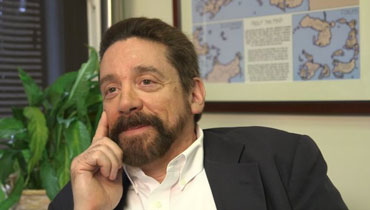
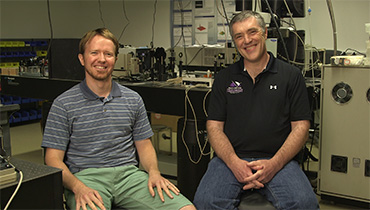



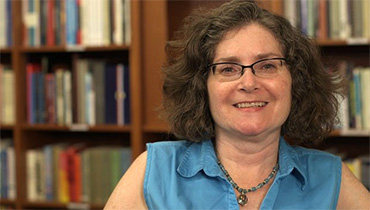







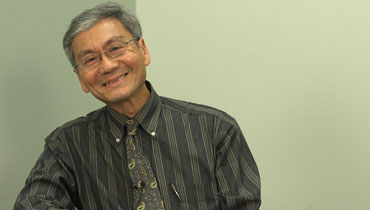















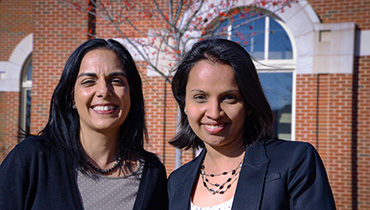


















ITEL cohorts consist of multidisciplinary communities of faculty members. As a group, each cohort explores technologies relevant to a theme, while faculty in the cohort experiment with these technologies, in small but meaningful ways, in their courses. The cohort track is designed to help establish models and examples of effective practices for teaching with technology that can be shared widely with the larger Georgetown community.









GeorgetownX represents the growing body of online courses that CNDLS facilitates, including our University partnership with edX and our collaborative work with departments and schools at Georgetown.